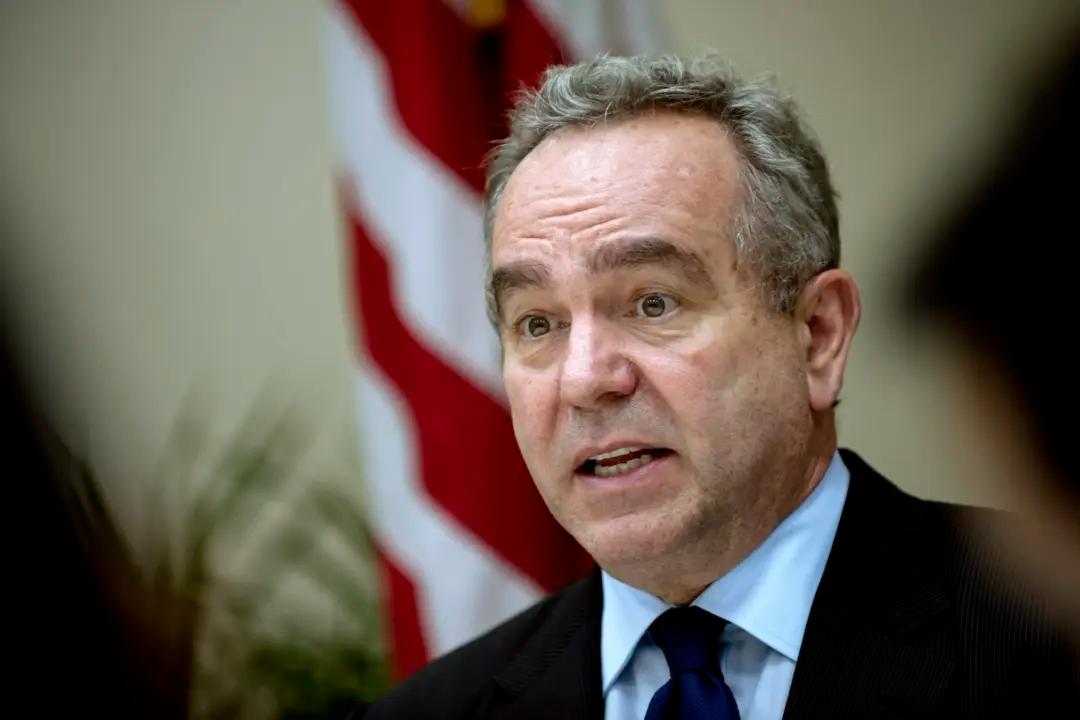White House Deputy Secretary of State Kurt Campbell and the deputy national security adviser, Jon Finer, met with Chinese Vice Foreign Minister Ma Zhaoxu in Washington on May 30 amid tensions over Taiwan and Ukraine.
In a readout, the White House said Mr. Finer and Mr. Ma had a “candid and constructive conversation.” The two discussed various issues, including Russia’s war in Ukraine, challenges in the Middle East, efforts to denuclearize the Korean Peninsula, and counternarcotics.




